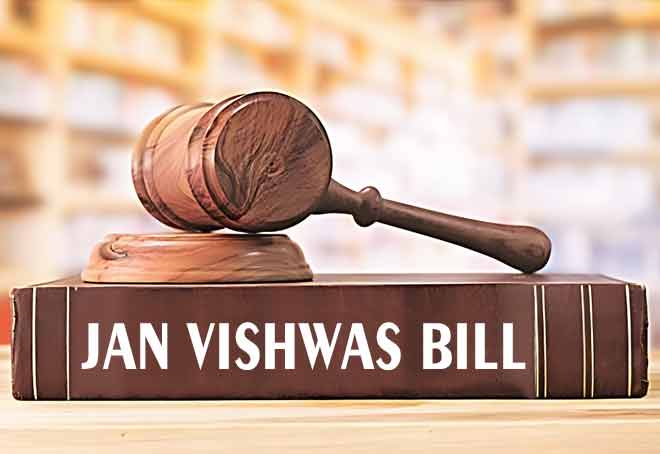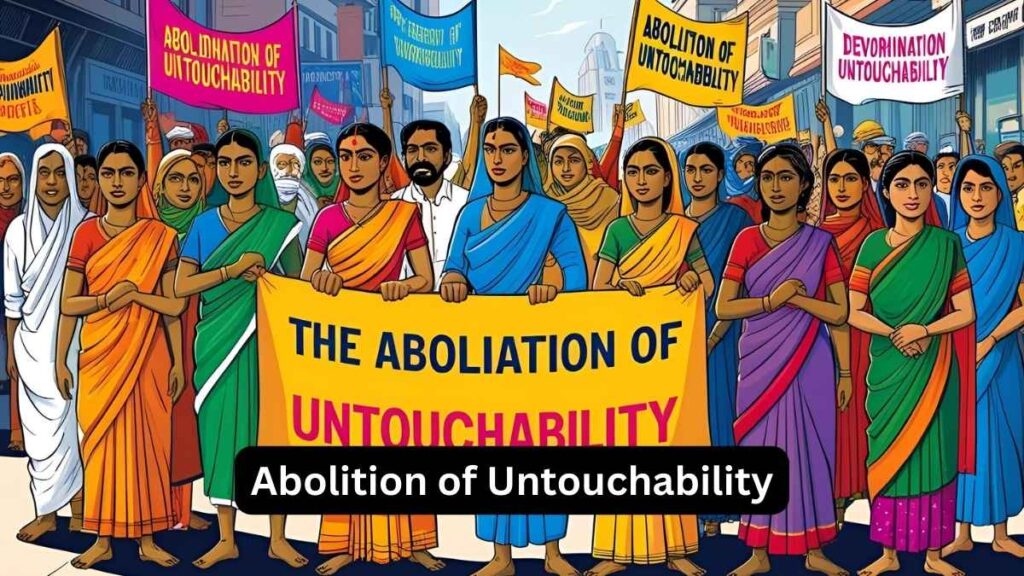Font size:
Print
Israel- Hezbollah Conflict
Context:
Israel vowed to retaliate strongly against Hezbollah, accusing the group of killing 12 children and teenagers in a rocket attack on a football field in the Israeli-occupied Golan Heights. Hezbollah denied any involvement.
|
About Hezbollah:
|
Reasons for the Conflict:
- Hezbollah’s Justification: The group claims its attacks support Palestinians under Israeli bombardment in Gaza.Iran’s Influence: The Gaza war has involved Iran-backed militants, with Hezbollah being a key player in the Axis of Resistance.
Impact:
- The current conflict has the potential to escalate into a full-scale war involving Israel, Hezbollah, and Iran.
- Regional Impact: The Gaza conflict has involved Iran-backed militants, with Hezbollah being a major player. Hezbollah has vowed to continue its attacks on Israel until a ceasefire in Gaza is achieved.
- Israeli Objectives: Israel aims to deter Hezbollah by targeting its military infrastructure and elite units, such as the Radwan Force. Israeli leaders have also threatened severe destruction in southern Lebanon if Hezbollah continues aggressive actions.
India’s Stand :
Diplomatic Stance
- Call for Restraint: India urges all parties to exercise restraint and seek peaceful dialogue to prevent further violence.
- Support for Sovereignty: India supports Lebanon’s sovereignty and territorial integrity, advocating for nations’ rights to independence.
- Engagement in Multilateral Forums: India participates in international platforms, such as the UN, to address humanitarian issues and promote peace.
Humanitarian Concerns
- Humanitarian Aid: India is concerned about the humanitarian impact and is ready to offer assistance to affected civilians.
- Evacuation of Citizens: India has facilitated the evacuation of its nationals from conflict zones to ensure their safety.
Balancing Act
- Strategic Interests: India balances its strong ties with Israel in defence and technology with its historical connections to Lebanon and the Arab world.
- Regional Stability: India is concerned about the conflict’s impact on regional stability and potential spillover effects into neighbouring countries like Syria.
|
Axis of Resistance :
The axis includes several key components:
|



